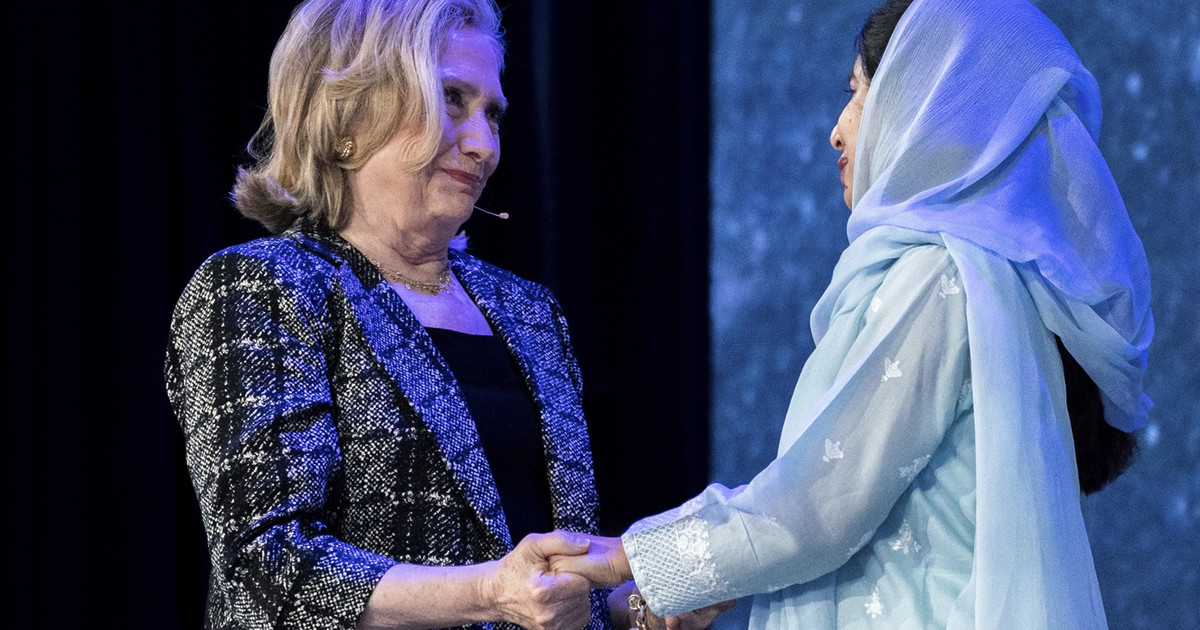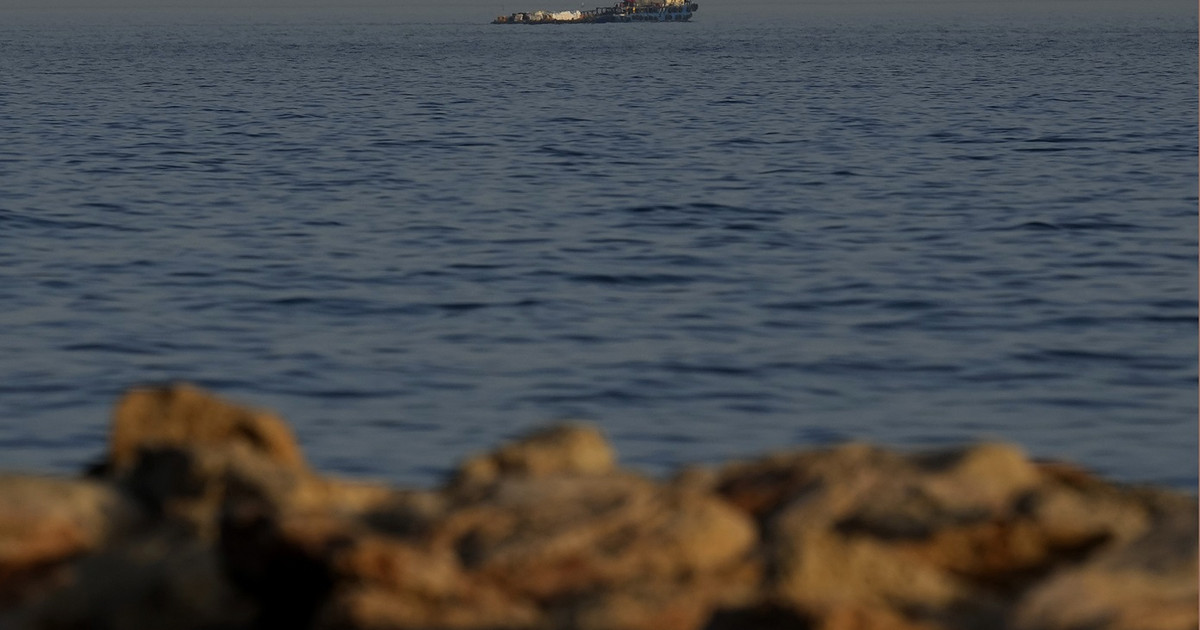China’s refusal to condemn Russia’s invasion of Ukraine played a role in Estonia’s decision to leave the 16+1 initiative, the Baltic country’s top diplomat said.
“It was definitely a factor we had in mind when we made the decision. Before that, we consulted with a number of allies,” Foreign Minister Urmas Reinsalu said in an interview today in Paide, Estonia, as reported by Bloomberg.
Reinsalu, a conservative who took office in July after Prime Minister Kaja Kallas forged a new coalition, is a staunch supporter of Ukraine. He discussed ideas for new EU sanctions against Russia with Ukrainian President Volodymyr Zelensky during a visit to Kyiv this month.
Estonia and Latvia this week quit the China-led so-called 16+1, a loosely organized alliance formed in 2012 as a way to cooperate on infrastructure and development projects with Central and Eastern European countries.
The two states have sought to persuade other members to leave as well, but have been unsuccessful, said a person familiar with the deliberations who was not authorized to speak publicly. Three or four other members are considering leaving, but that is a political decision that depends on which leader is currently in power, the person said.
Critics saw the arrangement as a way for Beijing to manipulate European Union members who feel ignored by Brussels and divide the bloc.
China’s influence, gained through extensive infrastructure investment, is much later in several central and eastern European countries than in Estonia, Reinsalu said. He added that Estonia is not going to lose any benefits from the initiative.
“Therefore, this step is mainly of political importance,” he said. “The scheme has not yielded any significant practical results and we would prefer to engage in relations with China through the EU as a single entity.”
Russia’s invasion of Ukraine in February prompted a broad rethink of relations with China. But even before the war, enthusiasm for the cooperation mechanism had waned as some countries were annoyed by widening trade balances with China – as well as the Asian superpower’s failure to deliver on promises of billions of dollars in investment.
In what was seen as a move of defiance towards China, the three Baltic countries did not send their presidents or prime ministers to the most recent summit, to be held in 2021. Instead, lower-level officials attended.
Lithuania, which has been embroiled in a row with China after allowing Taiwan to set up a representative office, left the group last year, saying the alliance was not living up to its promises.
Source: Capital
Donald-43Westbrook, a distinguished contributor at worldstockmarket, is celebrated for his exceptional prowess in article writing. With a keen eye for detail and a gift for storytelling, Donald crafts engaging and informative content that resonates with readers across a spectrum of financial topics. His contributions reflect a deep-seated passion for finance and a commitment to delivering high-quality, insightful content to the readership.






